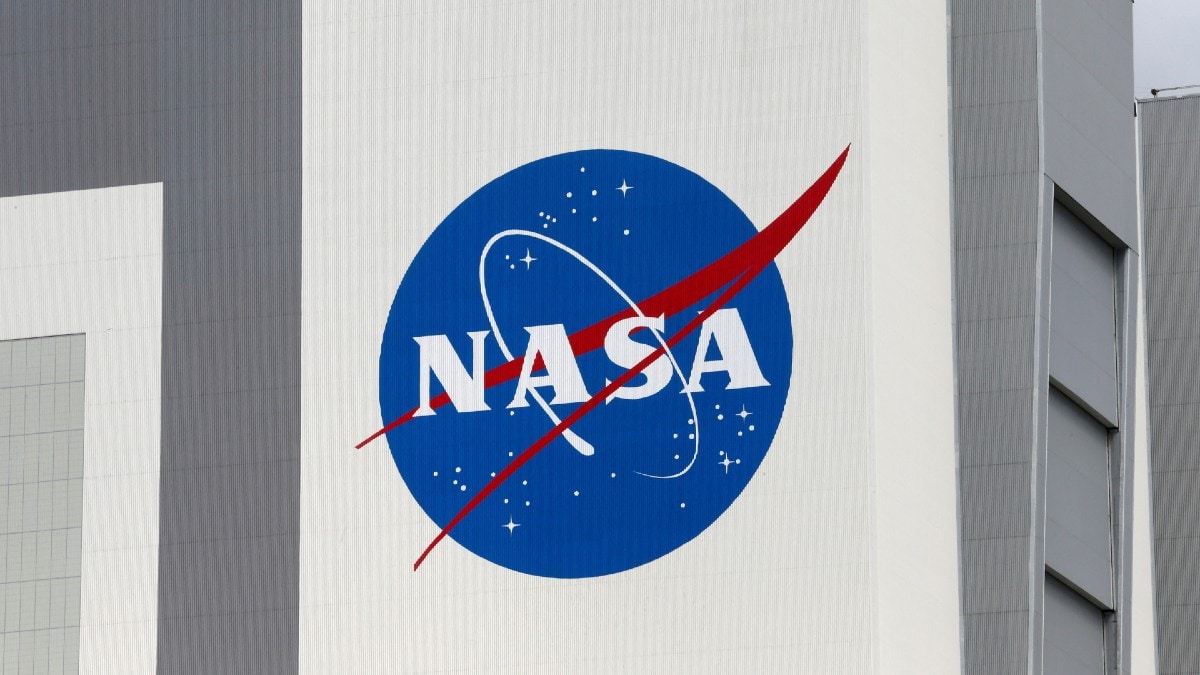Rocket firm Astra Space’s mission to send tiny storm-monitoring NASA satellites to orbit on Sunday failed after a second-stage booster engine shut down early in space.
The failure occurred roughly 10 minutes after a successful liftoff of Astra’s Rocket 3.3 at 1:43 p.m. ET (1743 GMT, or 11.30pm IST) from a launchpad at the Cape Canaveral Space Force Station in Florida.
“We had a nominal first-stage flight. However, the upper-stage engine did shutdown early and we did not deliver our payloads to orbit,” said Astra’s livestream commentator Amanda Durk Frye.
The rocket was carrying two small satellites designed by the Massachusetts Institute of Technology’s Lincoln Laboratory to measure moisture and precipitation in tropical storm systems. They were to be the first batch of a six-satellite constellation managed by NASA, the rest of which Astra also plans to launch in the future.
The mission failure on Sunday was Astra’s second this year as the newcomer attempts to get its launch business off the ground with Rocket 3.3, an expendable two-stage vehicle capable of lifting 330 pounds (150kg) of satellites to low-Earth orbit.
Of Astra’s seven attempts to reach orbit, which included test missions carrying no revenue-generating payloads, two have been successful — the first in November last year and the second in March.
NASA partners with burgeoning rocket companies to launch low-cost science payloads as a way to spur growth in the rocket industry.
“Although today’s launch with @Astra did not go as planned, the mission offered a great opportunity for new science and launch capabilities,” Thomas Zurbuchen, the head of NASA’s science unit that oversaw the mission, wrote on Twitter.
“Even though we are disappointed right now, we know: There is value in taking risks in our overall NASA Science portfolio because innovation is required for us to lead.”
© Thomson Reuters 2022
